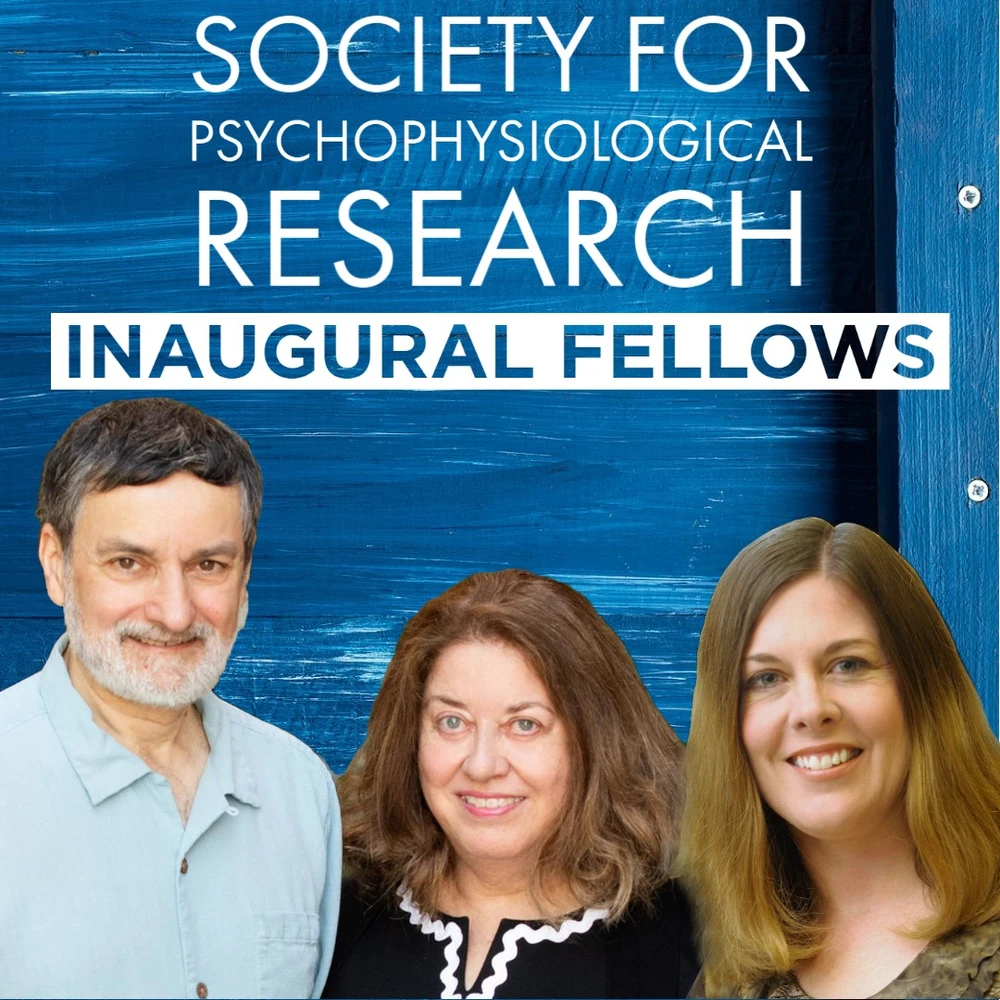
By Megan Finnegan
The Society for Psychophysiological Research (SRP) has named Professors Kara Federmeier, Monica Fabiani, and Gabriele Gratton as Fellows of the society. This honor recognizes them as experts and leaders in the field of psychophysiology and highlights the contributions each has made in shaping current knowledge about the interconnections between physiology and psychology.
SRP was founded in 1960 with the purpose of advancing the study of the biological grounding of mental processes. It evolved to become one of the premier societies supporting psychophysiological research, and today it supports a scientific journal and an annual conference for disseminating ground breaking research on the topics of psychophysiology. This year’s class of Fellows is the first for the society.
Kara Federmeier’s research, supported by the National Institute on Aging, examines how the brain is able to rapidly extract meaning from words and pictures. Her work has shown that comprehenders often make unconscious predictions about words and concepts that are likely to occur, and that such predictions affect their later memory for what they actually heard, read, or saw. She has also shown that the way that comprehension takes place changes over the adult lifespan and is different in the left and right cerebral hemispheres.
Monica Fabiani’s research is situated at the intersection of memory and human aging. She has produced pioneering work linking cognitive performance with arterial health, pointing the way to new interventions for preventing cognitive decline in older adults. Additionally, she has been a leader in methodological advancement, creating numerous new technologies and analysis approaches to probe the subtleties of how the brain adapts to its environment across the lifespan.
Gabriele Gratton has pushed the field of brain imaging in new directions and expanded scientists’ ability to capture the fundamental processes of cognition including working memory and attention. He and Monica Fabiani are the inventors of EROS (Event-related optical signals), a noninvasive brain imaging tool that uses infrared light to localize brain activity down to the millimeter and millisecond. His recent work has expanded the safe use of multiple simultaneous brain measurement devices to obtain unprecedented levels of spatial and temporal detail.
Congratulations to Dr. Federmeier, Fabiani, and Gratton for being named to the inaugural class of Fellows in psychophysiology.


